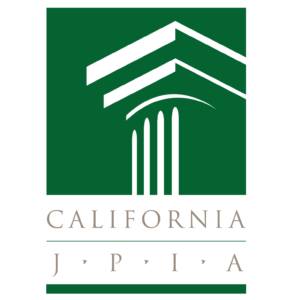From California JPIA

As the COVID-19 pandemic continues to show little sign of slowing, the California Joint Powers Insurance Authority (California JPIA) recognizes that small businesses and local government agencies face significant challenges.
In an effort to support local restaurants, gyms, and other businesses, and to stimulate sales tax revenues, municipalities across California are permitting dining, retail sales, and other private business operations to occur on sidewalks, in temporarily closed streets, in parks, and on other public property.
While these activities benefit municipalities and local businesses alike, the movement of business operations from private property into public spaces creates additional liability for member agencies. The California JPIA recommends that local government agencies take the following actions to effectively manage this exposure:
- Issue a permit or other written agreement to each participating business containing indemnification language in favor of the agency. The permit/agreement should also include the agency’s standard insurance requirements including commercial general liability insurance in the minimum amount of $1 million per occurrence/$2 million general aggregate with the agency named additional insured. If alcohol will be served on public property, full liquor liability insurance with the same minimum amounts should also be required. Agencies should also review their municipal code for any restrictions on the consumption of alcohol on public property.
- Separated and protect patrons from vehicle traffic. Ideally, the roadway or other areas where outdoor dining and business activities are taking place should be temporarily closed. If this is not feasible, then concrete K-rail or similar barriers should be installed around areas where patrons are present.
- Require that participating businesses take all necessary steps to identify and mitigate pedestrian hazards, e.g. electrical cords and other trip hazards. In addition, dining areas could be cordoned off with entrances and exits identified, and/or pedestrian traffic directed around the area in use.
- For fitness classes and similar activities occurring on public property, require that businesses obtain liability waivers from each participant with the agency included as a released party.
- Enforce compliance of businesses with all applicable federal, state, and local public health guidance, including the latest guidance from the California Department of Public Health on dine-in restaurants, fitness facilities, and places of worship.
While some agencies are waiving permit requirements for businesses operating on public property, the California JPIA suggests considering alternatives to make the application process less burdensome. For example, consider fast-tracking permit approvals and reducing or eliminating associated fees. This approach provides much needed relief to local businesses while protecting the agency against liability claims arising out of private business operations.
Providing innovative risk management solutions for its public agency partners for more than 40 years, the California Joint Powers Insurance Authority (California JPIA) is one of the largest municipal self-insurance pools in the state, with more than 100 member cities and other governmental agencies. Members actively participate in shaping the organization to provide important coverage for their operations. The California JPIA provides innovative risk management solutions through a comprehensive portfolio of programs and services, including liability, workers’ compensation, pollution, property, and earthquake coverage, as well as extensive risk management training and loss control services. For more information, please visit the California JPIA’s website at www.cjpia.org.

